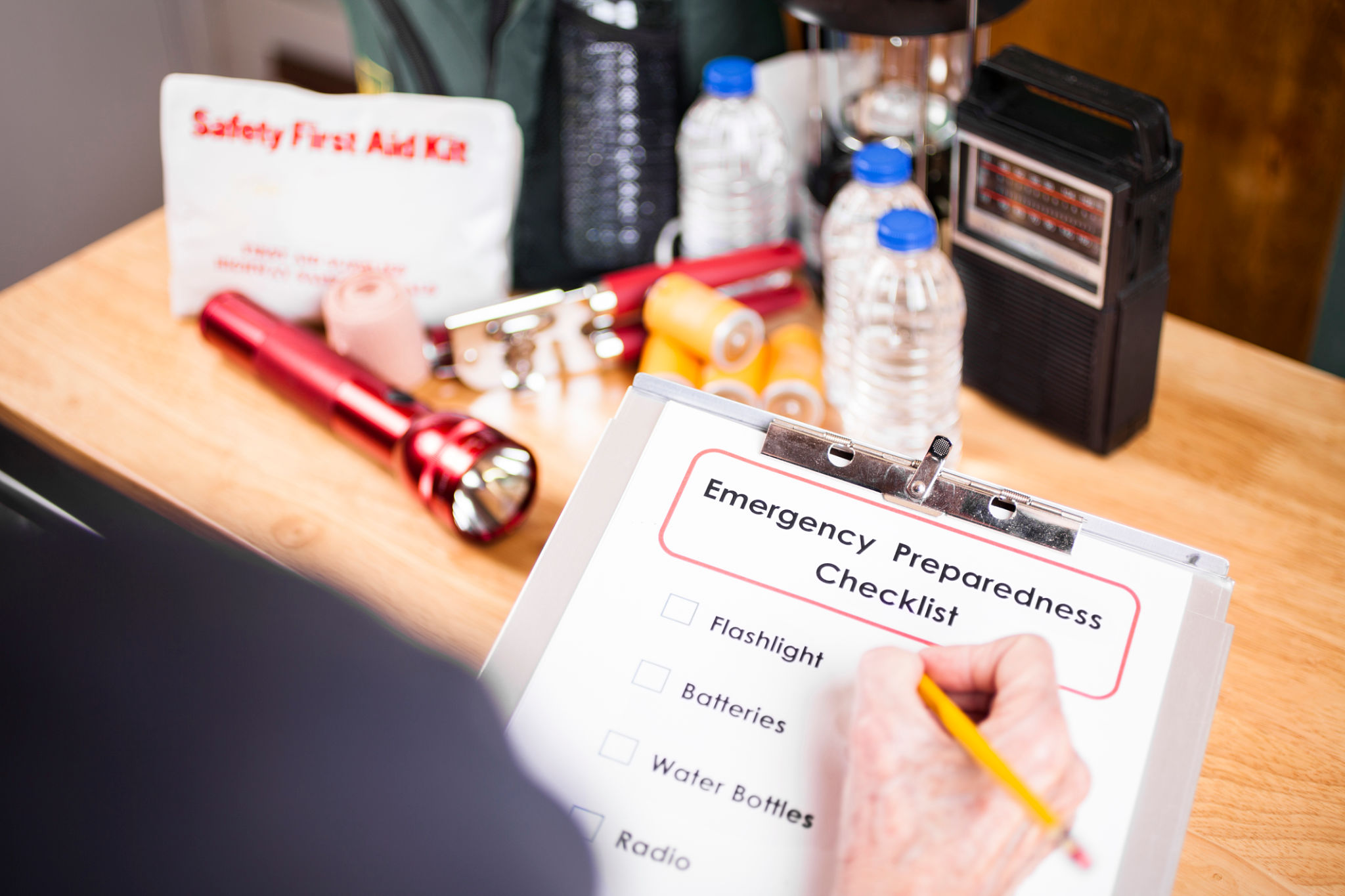How to Prepare Your Fleet for Hurricane Season in Florida
Understanding the Risks
Florida's hurricane season, typically running from June to November, poses significant challenges for fleet managers. Strong winds, heavy rainfall, and potential flooding can cause severe disruptions. It's crucial to understand these risks and prepare adequately to ensure the safety of both vehicles and personnel.

Fleet managers must stay informed about weather updates and potential storm paths. Utilizing reliable weather tracking tools can help anticipate any logistical challenges and create contingency plans. This proactive approach can mitigate potential damages and minimize downtime.
Create a Comprehensive Emergency Plan
A well-structured emergency plan is the backbone of hurricane preparedness. This plan should outline specific steps to take before, during, and after a hurricane, ensuring that all team members are aware of their roles and responsibilities.
Communication is key in emergencies. Establish clear communication channels for updates and instructions. Consider using multiple platforms, such as text messages, emails, or mobile apps, to reach all personnel effectively.

Vehicle and Equipment Preparation
Inspect all vehicles and equipment regularly to ensure they are in optimal condition before hurricane season. Pay particular attention to tires, brakes, batteries, and emergency kits. Address any maintenance issues immediately to avoid complications during a storm.
- Ensure all vehicles are topped up with fuel.
- Secure loose items to prevent damage during high winds.
- Store vehicles in safe locations, away from flood-prone areas.
Insurance and Documentation
Review your insurance policies to ensure adequate coverage for storm-related damages. Keep an updated inventory of all fleet assets, including photos and serial numbers. This documentation will be invaluable if you need to file a claim post-storm.

Organize important documents such as vehicle titles, registration, and maintenance records in a secure, easily accessible location. Consider digitizing these documents for added security and convenience.
Employee Training and Safety
Conduct regular training sessions to educate employees on hurricane preparedness protocols. These sessions should cover evacuation procedures, safety measures, and the use of emergency equipment.
Empower your team by assigning specific roles during a hurricane event. Having designated leaders can streamline response efforts and ensure that everyone knows whom to turn to for guidance.
Post-Storm Recovery
After the storm has passed, conduct a thorough assessment of all fleet vehicles and equipment. Document any damages with photos and detailed notes to streamline insurance claims.

Communicate with your team regarding next steps and any changes in operations. Review and update your emergency plan based on lessons learned during the storm to enhance future preparedness.
By taking these proactive steps, fleet managers in Florida can better safeguard their assets and ensure business continuity throughout the hurricane season.
